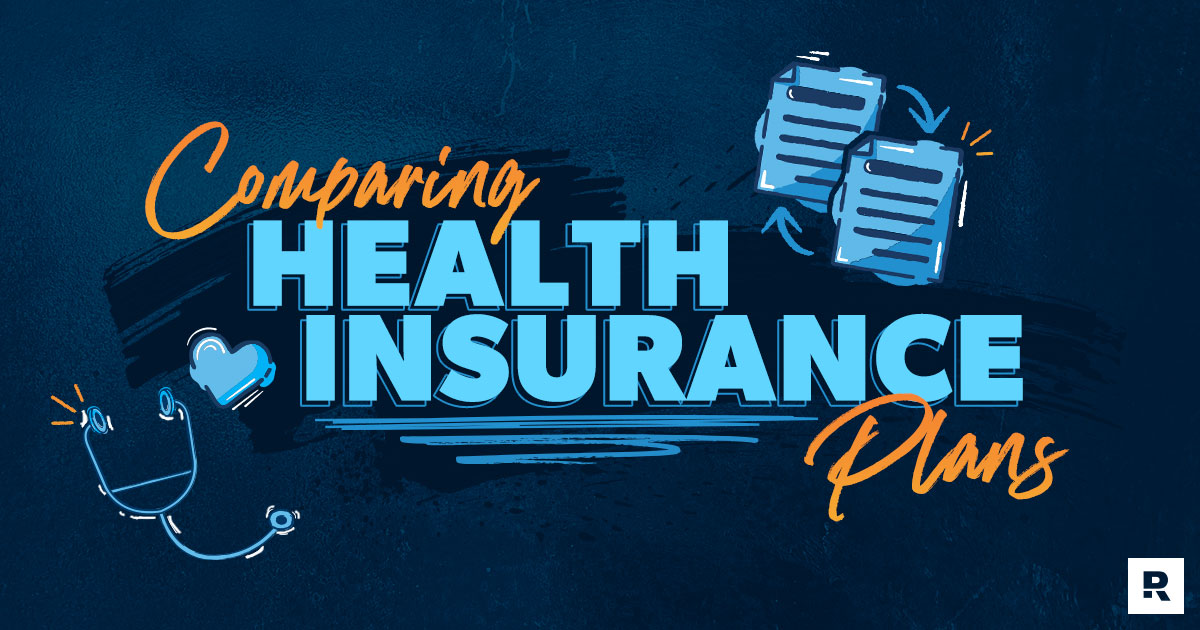Entire life and universal life insurance are both considered long-term policies. That indicates they're developed to last your whole life and will not expire after a certain period of time as long as needed premiums are paid. They both have the potential to build up cash value in time that you might have the ability to obtain versus tax-free, for any factor. Because of this function, premiums may be higher than term insurance. Whole life insurance policies have a set premium, implying you pay the same quantity each and every year for your protection. Similar to universal life insurance coverage, entire life has the possible to build up money value in time, creating a quantity that you may be able to borrow versus.
Depending upon your policy's possible cash value, it may be used to skip a superior payment, or be left alone with the potential to accumulate worth in time. Prospective development in a universal life policy will differ based on the specifics of your specific policy, along with other factors. When you buy a policy, the issuing insurer establishes a minimum interest crediting rate as described in your contract. However, if the insurance provider's portfolio earns more than the minimum interest rate, the business might credit the excess interest to your policy. This is why universal life policies have the potential to earn more than a whole life policy some years, while in others they can make less.
Here's how: Since there is a money worth element, you might have the ability to avoid premium payments as long as the cash value suffices to cover your required expenditures for that month Some policies may enable you to increase or reduce the survivor benefit to match your specific situations ** In a lot of cases you may obtain against the cash worth that might have collected in the policy The interest that you might have earned in time builds up tax-deferred Entire life policies provide you a fixed level premium that will not increase, the possible to accumulate cash value gradually, and a fixed death benefit for the life of the policy.
As an outcome, universal life insurance premiums are generally lower throughout durations of high rates of interest than whole life insurance coverage premiums, typically for the same amount of protection. Another crucial distinction would be how the interest is paid. While the interest paid on universal life insurance coverage is often adjusted monthly, interest on a whole life insurance coverage policy is generally changed each year. This could indicate that during periods of rising rate of interest, universal life insurance policy holders may see their money worths increase at a rapid rate compared to those in whole life insurance policies. Some individuals may choose the set survivor benefit, level premiums, and the capacity for development of an entire life policy.
Although whole and universal life policies have their own distinct features and benefits, they both focus on providing your loved ones with the money they'll require when you die. By dealing with a certified life insurance representative or business agent, you'll be able to pick the policy that best fulfills your private requirements, budget plan, and financial goals. You can also get acomplimentary online term life quote now. * Provided required premium payments are prompt made. ** Increases might be subject to additional underwriting. WEB.1468 (What is renters insurance). 05.15.
The Only Guide for What Is Pip Insurance
You don't need to guess if you need to register in a universal life policy because here you can learn all about universal life insurance pros and cons. It's like getting a preview before you purchase so you can decide if it's the right type of life insurance for you. Keep reading to find out the ups and downs of how universal life premium payments, cash worth, and death advantage works. Universal life is an adjustable kind of long-term life insurance coverage that permits you to make modifications to two main parts of the policy: the premium and the death benefit, which in turn affects the policy's cash value.
Below are a few of the overall pros and cons of universal life insurance coverage. Pros Cons Developed to use more flexibility than entire life Does not have the guaranteed level premium that's readily available with entire life Money value grows at a variable rates of interest, which might yield greater returns Variable rates likewise suggest that the interest on the money worth might be low More chance to increase the policy's money value A policy typically needs to have a favorable money worth to stay active Among the most attractive features of universal life insurance is the ability to choose when and how much premium you pay, as long as payments satisfy the minimum amount required to keep the policy active and the IRS life insurance coverage guidelines on the optimum amount of excess premium payments you can make (How much is life insurance).


However with this versatility also comes some drawbacks. Let's review universal life insurance advantages and disadvantages when it concerns altering how you pay premiums. Unlike other types of irreversible life policies, universal life can adapt to fit your financial requirements when your capital is up or when your budget is tight. You can: Pay higher premiums more frequently than required Pay less premiums less frequently or perhaps avoid payments Pay premiums out-of-pocket or use the money worth to pay premiums Paying the minimum premium, less than the target premium, or avoiding payments will adversely affect the policy's cash worth.